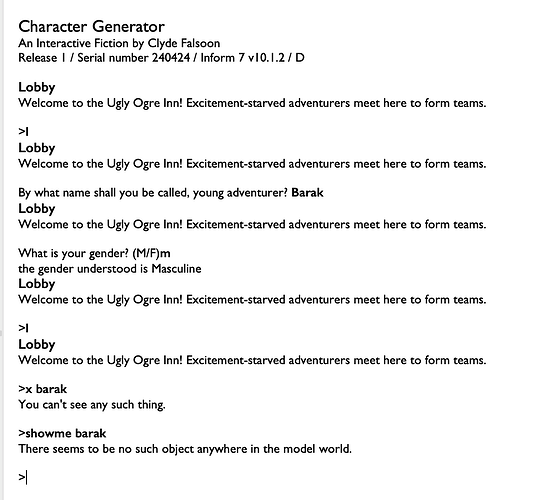Yourself is a specific instance of the person kind. The player is a person variable.
You couldn’t say:
A box is a kind of container.
The package is a container variable.
The package is a box.
No object has been created there… box is the name of a kind. package needs to be assigned some particular instance of a container (or a subkind of container, like, say, some particular box).
You could say:
A box is a kind of container.
The package is a container variable.
The parcel is a container.
The parcel is a box.
The package is the parcel.
You can have redundant assertions where one is more specific; just you can’t have contradictory ones. You could say (in any order):
Foo is a vehicle.
Foo is an object.
Foo is a container.
Foo is a thing.
and it would compile, and Foo would be a vehicle (which is a container, which is a thing, which is an object). So saying both that the parcel is a container and the parcel is a box is fine.
The Standard Rules have:
The yourself is an undescribed person. The yourself is proper-named.
The yourself is privately-named.
Understand "your former self" or "my former self" or "former self" or
"former" as yourself when the player is not yourself.
The description of yourself is usually "As good-looking as ever."
[...]
The player is a person that varies.
The privately-named there is why you can’t use “yourself” in commands to refer to the yourself object. You can use “self”, “me”, “myself” (as defined in the Command Parser Kit).
It doesn’t explicitly say there:
The player is yourself.
if it did, you couldn’t say
Bob is a person.
The player is Bob.
because you can’t assert that the same variable is two different things. (“assertions” are all the code that isn’t within a definition, or rule, or to-phrase.) But if you have an object variable you haven’t explicitly defined, it is automatically assigned the instance of that kind whose existence was asserted first. yourself is always the first person created, so person variables, including player, default to yourself.
Anyway,
An adventurer is a kind of person.
The player is an adventurer.
is like this case:
A box is a kind of container.
The package is a container variable.
The package is a box.
It’s a special case that this works:
The player has some text called advName.
With ordinary variables, that wouldn’t. This fails:
A box is a kind of container.
The package is a container variable.
The parcel is a container.
The parcel is a box.
The package is the parcel.
The package has a text called the address.
This would work:
The parcel has a text called the address.
